Graham Reid | | 3 min read
The Fireman: Universal Here, Everlasting Now
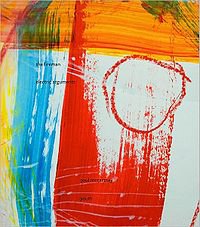
Paul McCartney -- who is half of The Fireman with producer/remixer Youth -- has always adopted a curious but probably sensible dichotomy when it comes to music outside of his pop-rock releases.
The full title of his classical album of 1993 was Paul McCartney's Liverpool Oratorio, and his small classical composition (played by pianist Anya Alexeyev) released two years later was Paul McCartney's A Leaf. It was as if he knew he needed to have that namecheck in the title to get across to that unfamiliar market and that his Beatle-cred would help.
But for his other -- and much more experimental and interesting -- projects such as The Fireman he keeps his name well clear. For these I guess he knows that being that soft-rocker who wasn't John Lennon would actually hinder him in the more hip market. Or maybe he just wants to see how these things would fare without the jacking up of the name association.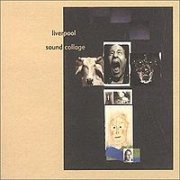
McCartney's most ambitious, edgy and most overlooked side-project was Liverpoool Sound Collage in 2000 for which he let loose Super Furry Animals and Youth (and himself) on Beatles in-studio chatter plus bits of his Oratorio and street noises for a remarkable cut-up, snatch'n'sample album which was nominated in the best alternative album category at the 2001 Grammys.
Although the category was won by Radiohead with Kid A (it included the likes of Beck, Fiona Apple and the Cure) the Liverpool Sound Collage was by far the most "alternative" album up for consideration. Macca wuz robbed, mate.
As The Fireman, McCartney and Youth have delivered two previous albums: in 93 they came up with Strawberries Oceans Ships Forest which was ambient electronica with beats using samples from McCartney's Off the Ground and Back to the Egg albums remixed, and with new studio music slipped in; the follow-up in 98 was Rushes in a similar vein but using only new music created in the studio.
Neither of these albums troubled the charts or their competitors in the field, although both are interesting and certainly the more coherent, Eno-like and trippy Rushes is very rewarding.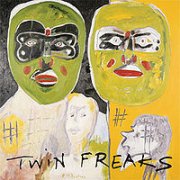
(Incidentally the double vinyl-only Twin Freaks of 2005 which was McCartney with DJ Freelance Hellraiser, aka Roy Kerry, is an exceptional mash-up of dispirate McCartney tracks in the manner of an even more weirdly constructed sound collage, doubtless inspired by the Beatles' Love remix album -- but much further out there. And again, McCartney's name is not prominent. Hard to find but worth the effort.)
So that's the background to McCartney's "other side" which can be traced back to his years in London in the late Sixties hanging out with the avant-set.
This new Fireman album is a major departure from the electro-ambient sampling of its predecessors on many levels: it is the first to acknowledge McCartney and Youth on the cover; the first to have McCartney vocals prominent (the opener is a throat-searing slice of crunching boogie rock closer to the White Stripes live and reminds you this man delivered I'm Down); and it is also the first to get serious media attention.
Plaudits are thick and heavy: Zane Lowe at BBC Radio 1 called it "just awesome"; Pitchfork spoke of it being "vamping, Zeppelin-esque"; Clash called it "a staggering collection of timeless adventures that touch on the best aspects of today's more leftfield sounds".
Hmmm.
It certainly starts in fine fashion but almost immediately becomes (an admittedly leftfield) McCartney album with Two Magpies which sounds like an oddball version of Blackbird and Macca's music hall tendencies in alt.folk mode.
But although wobbly (Light From Your Lighthouse is knock-off campfire-country processed into light electronica) there's quite a lot going on here: Sing the Changes is a big and uplifting U2-framed ballad (suitably scratched up however, would work on alt.radio) and Travelling Light is weirdly pastoral.
The final half is the strongest and most interesting: Lifelong Passion and Is This Love? are dreamy Indo-alt.folk; Lovers in a Dream is suitably clouded in the whiff of the jazz cigarettes he favours; Universal Here, Everlasting Now sounds like it has drifted in from a Floyd-like late Sixties Happening with oil-lamp projections (and could be the title of a new Oasis album!); and the closer has backward guitars, incense-infused bass lines and ambient textures . . .
There's even a hidden few minutes of electro-wooshery two minutes after the final track. Sfffft.
To be honest, after his last "Paul McCartney" album Memory Almost Full which was widely hailed but had all the usual McCartney failings of some lightweight material studio-polished into acceptability -- and sounded like his farewell to public life in many lyrics -- I'd be just as happy if he would retire that pop-rock persona and pursue this rather more innovative and edgy direction.
Electric Arguments is still a Paul McCartney album in too many places: optimism is endemic; the ordinary Sun is Shining could have come from any of his solo albums in the past two decades; Dance 'til We're High is a Spector-lite soft-hearted ballad . . .
But mostly this is a much more interesting McCartney than we have been used to.
In his late 60s you have to say it: Youth becomes Paul McCartney.

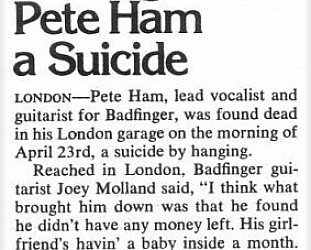
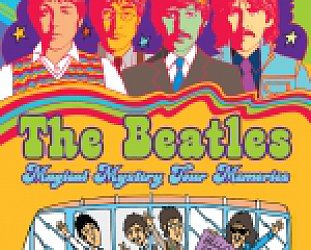
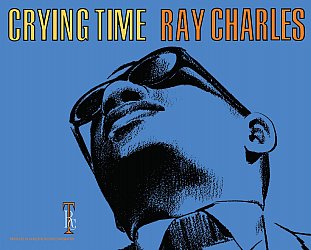
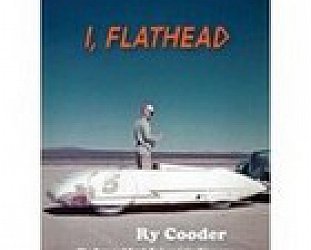
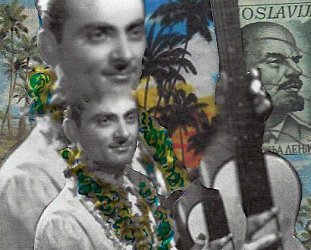
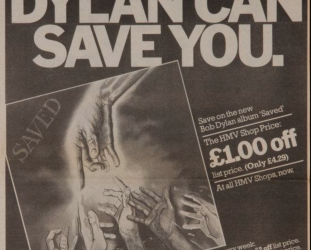
Brett - Dec 27, 2008
Interesting review, although I don't completely agree with it. "Dance til We're High" is the best song on the album to me, for example. It seems that you only like McCartney when he is as unlike himself as he possibly can be. I find that a little strange, considering he is one of the best pop/rock songwriters of all time. The reason I think this album is so brilliant is that McCartney is melding his experimental side with his more mainstream sensibilities. It's innovative, yet completely accessible at the same time.
Savepost a comment